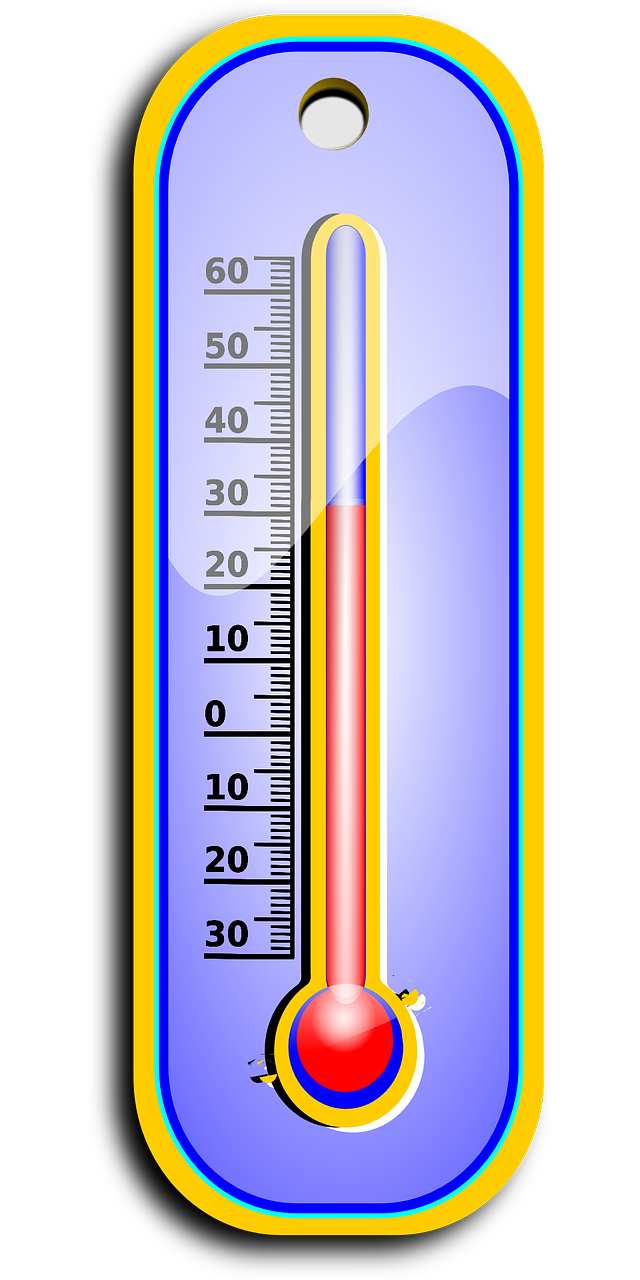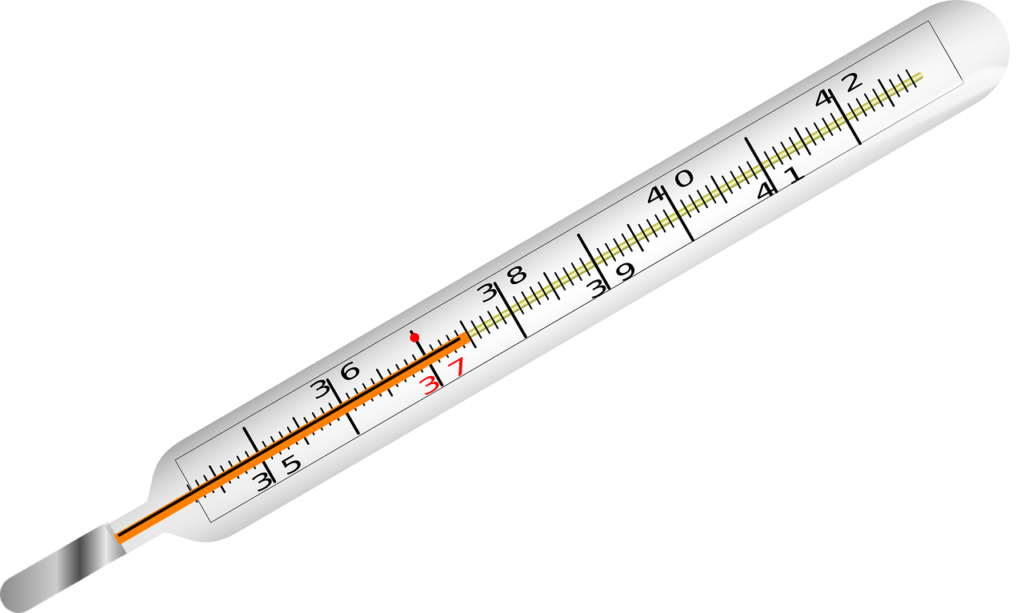Heat of hydration is the process by which concrete liberate heat. this process is the reason heat is generated while concreting. Excessive heat of hydration may lead to energy loss and crack formation in the concrete. Controlled heat in fresh concrete insures the quality and desired strength of concrete.
Significance: –
Heat of hydration is inevitable process but excessive heat or uncontrolled heat reduces the quality of concrete. This is why in fresh concrete heat of the concrete must be known. Excessive heat generation forms crack in concrete.
High temperature required high water content and low temperature lead to slow setting of cement. So controlled temperature if the concrete must required.
Temperature Limits: -Generally temperature must not cross 35 degree Celsius. Or it should be in between 27 – 35 degree Celsius.
Factors Affecting Heat of Hydration: –
- Cements with higher contents of tricalcium silicate and tricalcium aluminate, as well as a higher fineness, have higher rates of heat generation than other cements.
- Tricalcium silicate and tricalcium aluminate chemically generate more heat.
- Higher fineness provides a greater surface area to be wetted, resulting in an acceleration of the reaction between cement and water. This causes an increase in the rate of heat liberation at early ages.
- Other factors influencing heat development in concrete include the cement content, water-cement ratio, placing and curing temperature, the presence of mineral and chemical admixtures, and the dimensions of the structural element.
Apparatus: –
Thermometer:- To check temperature of concrete.

Time watch: – To check or age of the concrete.

Procedure: –
- Prepare concrete with given mix design.
- check temperature of the concrete in desired time interval
- note down the temperature
- Compare this temperature with limit at the given time.
- It should nit be too low or too high
